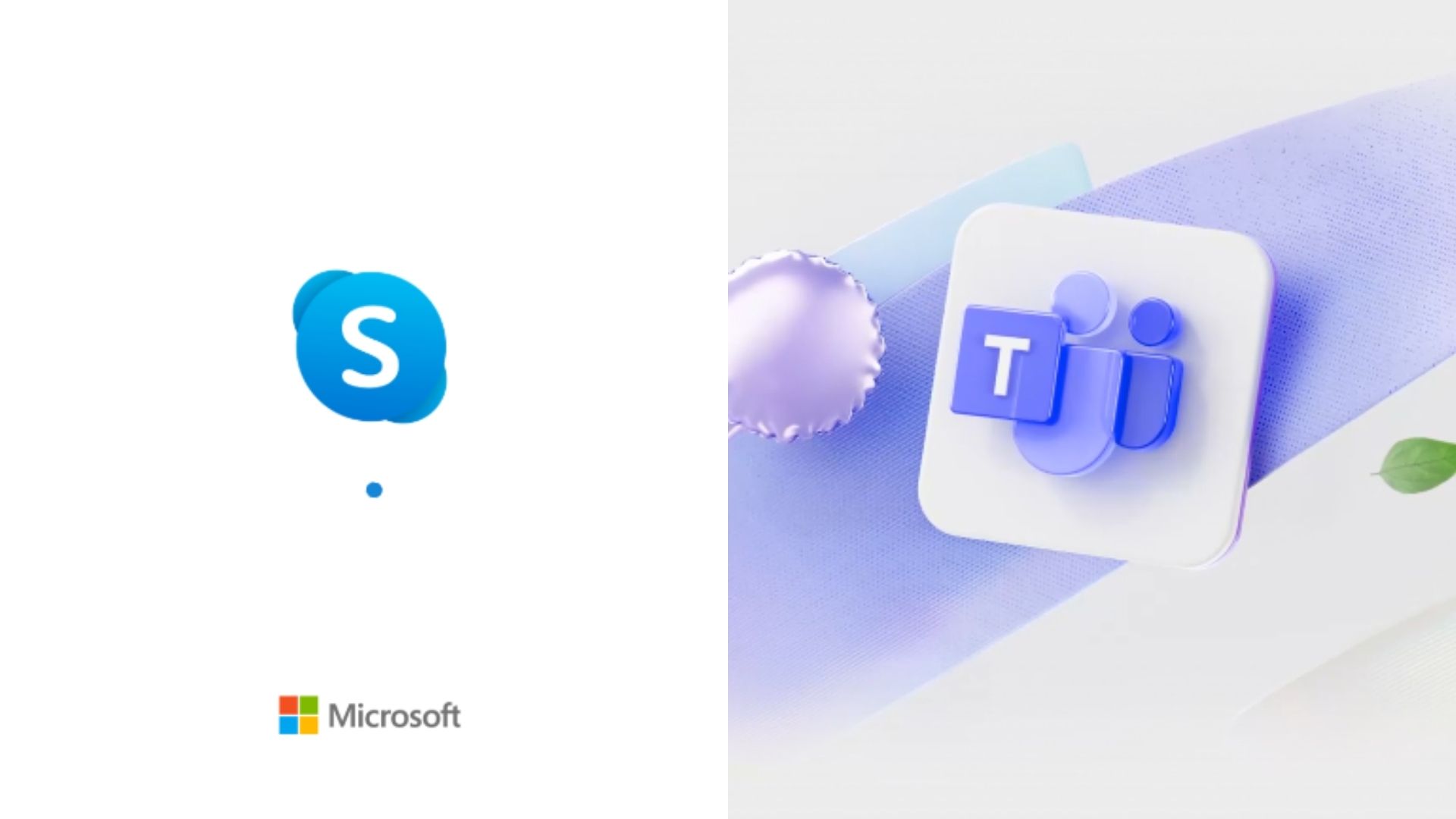It’s the end of another era. After more than 20 years of connecting people online, Microsoft is pulling the plug on Skype this May, marking the close of a once-iconic platform.
Why is Skype saying goodbye?
In 2011, Microsoft bought Skype’s services for $8.5 billion – this move played a pivotal role in transforming online communications. However, with Skype’s user base steadily declining, Microsoft made a call to retire the app and consolidate efforts into a single, more advanced communication tool.
Skype’s decline has been a long time coming considering the digital communication landscape has changed dramatically over the years. The rise of Microsoft Teams, Zoom, FaceTime, Messenger, Google Meet, and other streamlined messaging apps has made Skype feel ‘outdated’.
Its mother company Microsoft has been shifting its focus towards Teams, marketing the app’s more powerful collaboration platform, which saw a massive spike in popularity, especially during the 2020 pandemic’s remote work boom.
What this means for users:
The shutdown raises a crucial question: What’s next for those still using Skype? Microsoft is encouraging businesses to migrate to Teams, which offers enhanced collaboration tools, integration with Office 365, and advanced security features.
The tech giant has also assured that they will provide options to export important data before the final shutdown. Skype users are advised to back up their chat histories, contact lists, and essential files before May. Existing Skype accounts can also be transferred and used to log into Teams.
Skype’s Legacy
Skype wasn’t just another app; it was a game changer for millennials and gen z. Launched in 2003, it gave the magic of video calls long before Zoom was a household name. By the late 2000s and early 2010s, Skype was everywhere. It was used for job interviews, remote work, online tutoring, long distance calls, and even virtual dates.
Despite its initial dominance, Skype struggled to keep up with the rise of mobile-first messaging apps and the seamless video call features integrated into modern day platforms. Microsoft’s shifting priorities further sidelined Skype, leading to its gradual decline.
With Skype eventually stepping aside, the future of communication is heading toward AI-powered messaging, immersive virtual meetings, and smarter collaboration tools. Microsoft Teams is expected to absorb most of Skype’s remaining users while competitors like Zoom and Google Meet continue to innovate with AI-driven advancements, improved security, and better cross-platform functionality.
For many, Skype’s shutdown will be a nostalgic farewell. It’s a reminder of how far technology has come – from waiting for dial-up connections to effortlessly hopping on video calls across the globe.
Technology evolves rapidly, and even the most iconic platforms must adapt or risk becoming obsolete. They say “the future is now” and Skype’s shutdown is a testament to the ever-changing nature of the digital world. Now is the time to embrace the future and explore current and new ways to stay connected.









